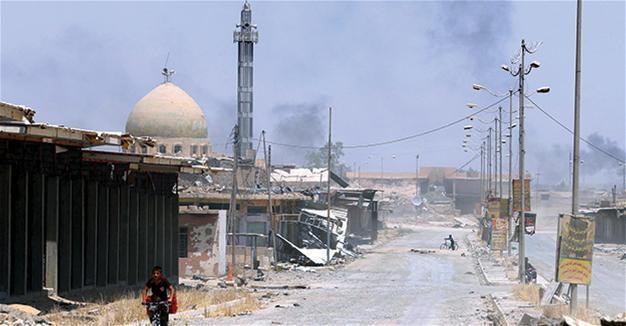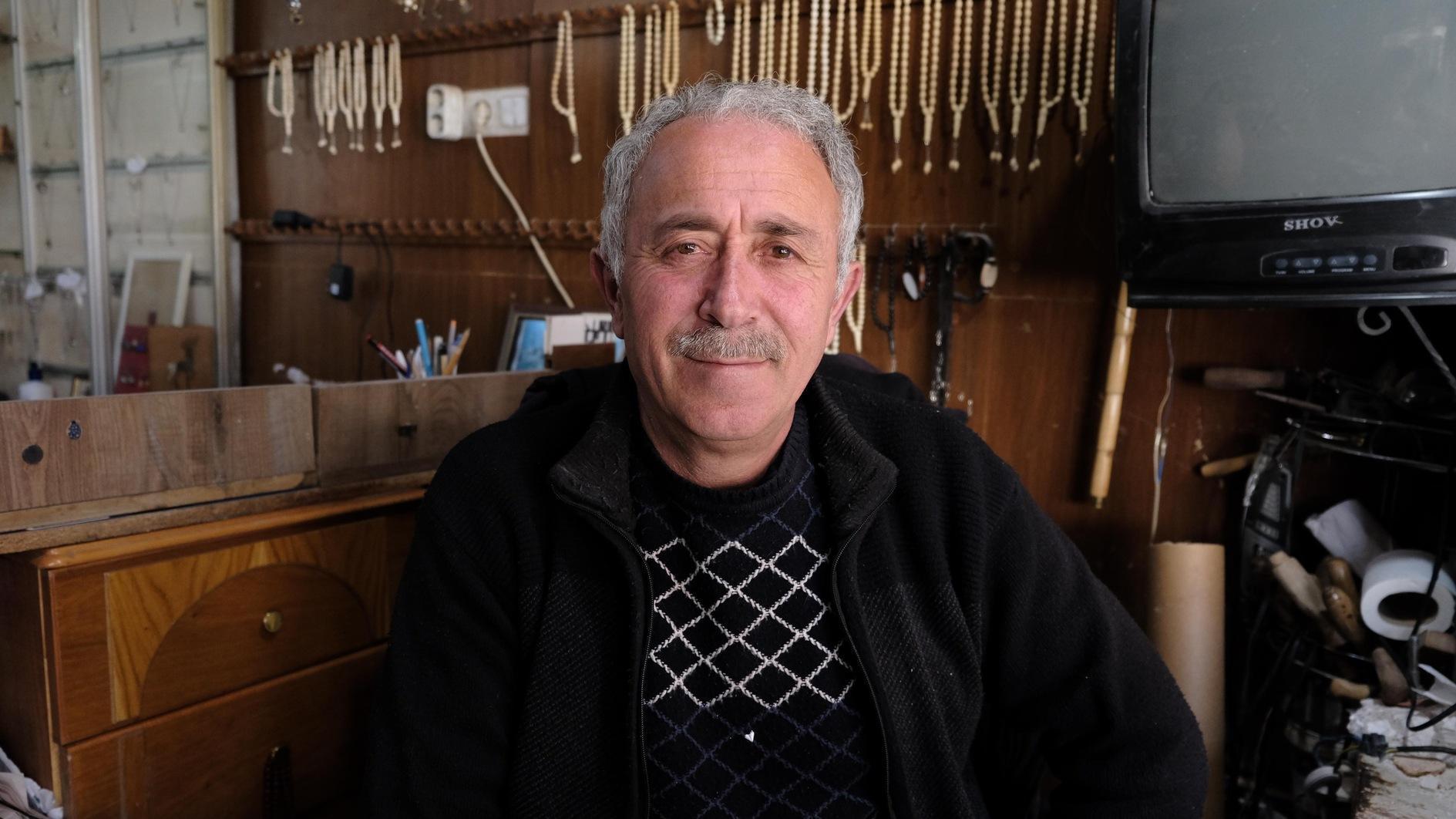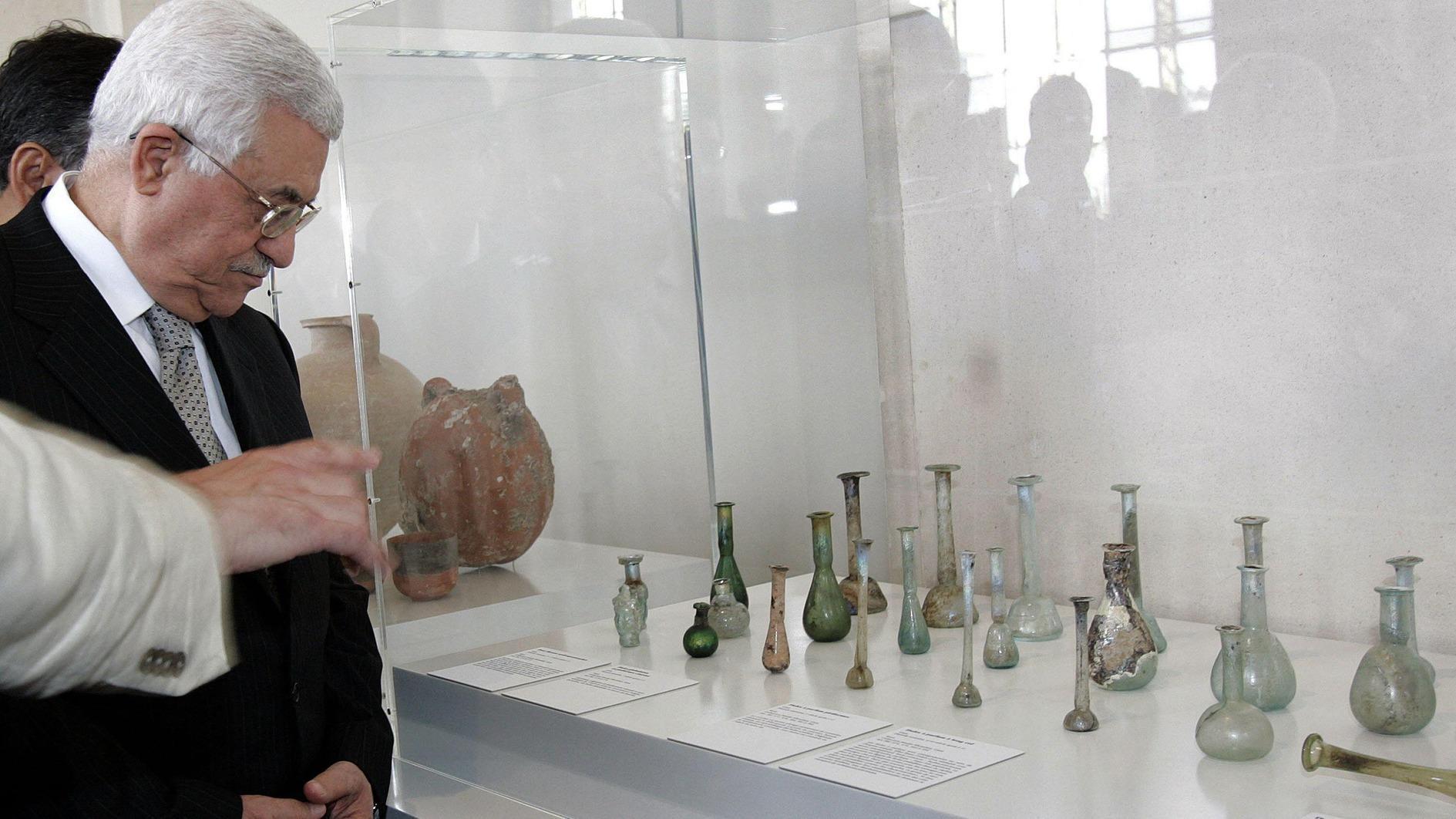Civilians in Mosul lack food, medicine
 Tens of thousands of civilians in parts of Mosul held by Islamic State of Iraq and the Levant (ISIL) are struggling to find food, water and medicine, the United Nations has said, days into a new push by U.S.-backed Iraqi government troops to take the northern city.
Tens of thousands of civilians in parts of Mosul held by Islamic State of Iraq and the Levant (ISIL) are struggling to find food, water and medicine, the United Nations has said, days into a new push by U.S.-backed Iraqi government troops to take the northern city.Up to 200,000 people still live behind ISIL lines in Mosul’s Old City and three other districts, U.N. Humanitarian Coordinator Lise Grande told Reuters late on May 28. She spoke a day after Iraq’s army said it had launched a new offensive to take the militant zones on the western side of the Tigris River.
More than seven months into the massive operation to recapture Mosul from ISIL, Iraqi forces have retaken the city’s east and large parts of its western side, but the jihadists are still putting up tough resistance.
“Our units are continuing to advance... and entered the al-Saha, al-Oula, al-Zinjili and al-Shifaa neighborhoods and the Republican Hospital,” Joint Operations Command spokesman Yahya Rasool said yesterday.
ISIL was using “explosives-rigged vehicles and snipers and suicide bombers” to target Iraqi forces, he told AFP.
The areas mentioned by Rasool – which are located north of Mosul’s Old City, where ISIL also still holds significant territory – are the main targets of the offensive, which was announced on May 27.
The Joint Operations Command also said May 29 that Iraqi aircraft had dropped leaflets over Mosul urging residents to leave ISIL-held areas – the second time this was done within the past week.
Overnight, planes dropped “thousands of leaflets on the Old Mosul, al-Zinjili, al-Shifaa and al-Saha areas urging citizens to leave toward our security forces,” it said.
This is the opposite of the strategy Iraqi forces employed in east Mosul, where they urged civilians to stay in their homes.
International aid organization Save the Children has said it is “deeply concerned that any calls to leave west Mosul will mean that civilians, particularly children, are in significant danger of being caught in the crossfire.”
Asked about the change in tack, Rasool noted that the western side of the city has a greater population density as well as “old areas,” an apparent reference to the Old City.
The area, a warren of closely spaced buildings and narrow streets with a large number of civilians trapped inside, has posed a significant challenge to Iraqi forces.
“The Old City has been blockaded for a while, completely from the south and now our units are present on the north and west,” he said, while the area’s eastern side is bordered by the Tigris River.
The fall of Mosul would, in effect, mark the end of the Iraqi half of the “caliphate” declared nearly three years ago by ISIL leader Abu Bakr al-Baghdadi in a speech at the medieval Grand al-Nuri mosque.
About 700,000 people, about a third of the pre-war city’s population, have already fled, seeking refuge either with friends and relatives or in camps.
















